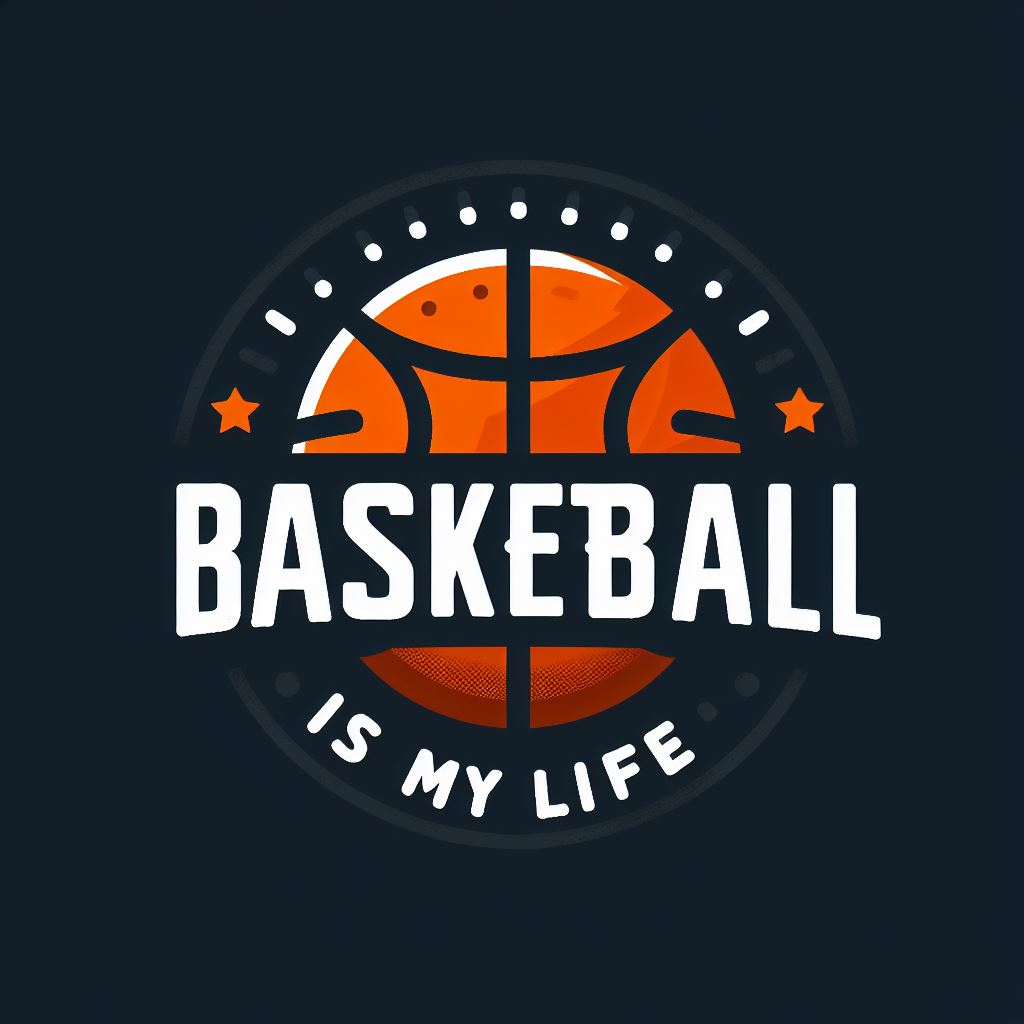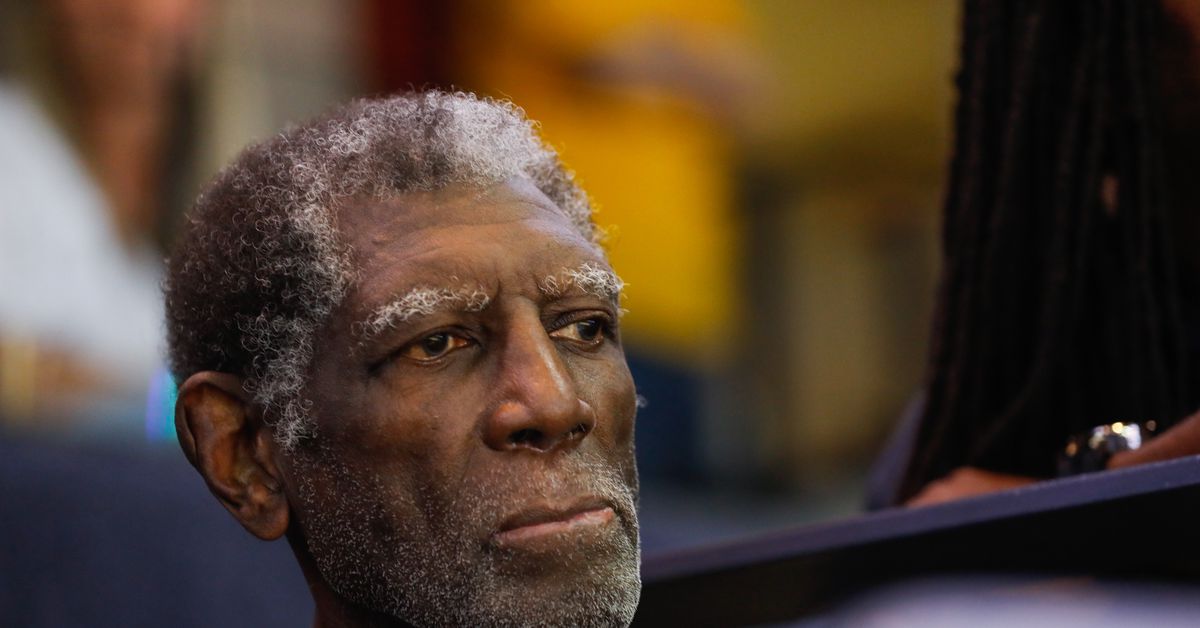In 1960, the Philadelphia Warriors drafted Alvin Austin Attles Jr. in the 5th round of the draft. NBA Project. Attles wasn’t impressed at all and took a job coaching gymnastics at a college. But when he changed his mind and headed to training camp, Attles began a lifelong association with the Warriors franchise that ended only with his death Tuesday at age 87.
Attles spent 11 years as a player for the team, following them as they moved west to become the San Francisco Warriors and then Golden State WarriorsIn 1968, he added assistant coach to his responsibilities, took over as head coach in his final season as a player, and then remained head coach until 1983, when he became the team’s general manager. He never left the team’s salary, working as a team ambassador and in community relations.
Although he stood only 6’4″, Attles was a formidable player, nicknamed “The Destroyer” after a game in which he broke the jaw of 6’4″ Hall of Famer Dolph Schayes. Attles didn’t even throw a punch! It was just the intensity with which he went after loose balls. Like the battery that might have given him his name, AAA was small but mighty.
Attles once crushed 6’4″ Bob Ferry (Danny’s father) so badly that teammate Wilt Chamberlain had to carry him off the field. “like a loaf of bread”Chamberlain later explained that he was not worried about Attles, telling reporters: “I had to get to my boy before he killed Ferry.”
Over his career, Attles averaged 8.9 points, 3.5 assists and 3.5 rebounds. He wasn’t a great shooter from the field or the free throw line, but the reason no one could dethrone him in the rotation was not just his defense and rebounding, but his intelligence, competitiveness and leadership. And he was known as Chamberlain’s “bodyguard.”
There was one night when Attles really made a splash. After racking up 17 points on perfect 8-of-8 shooting and an and-one, Attles later bragged about the 1962 game in Hershey, Pennsylvaniacalling it “The Night Wilt and I Combined for 117.”
Attles became an assistant coach in 1968 and took over as head coach before the 1970–71 season. He remained a player, primarily because he did not want one of his other players taking over as point guard and designated foul caller on the bench.
He didn’t give up that job even as head coach. After a masterful coaching job, he led the 1974-75 Warriors to a 3-0 lead in the NBA Finals Against the heavily favored Washington Bullets, Attles made history, and not just by becoming the second black head coach to win a title.
It was early in Game 4 when Bob Riordan of the Bullets tried to throw a low blow at Rick Barry. Barry countered with a shove, but before things could get out of hand, with Barry (who is averaging 35 points per game in the series) likely to be ejected, The Destroyer stepped in.
No NBA coach has ever been ejected from a Finals game for fighting. But Attles cooled his nerves in the locker room and the Warriors won what would prove to be their last title for the next 40 years.
Attles brought them very close to a repeat in 1976, before a similar situation arose in Game 7 of the Western Conference Finals and Attles was unable to step up. Ricky Sobers of the Phoenix Suns hit Barry with an elbow, the Warriors didn’t rush to defend him, and Barry refused to shoot in the second half of their defeat. Attles coached through the 1982-83 season, but never again came close to a championship.
From 1976 to 1986, Attles was the team’s general manager, where he drafted Hall of Famer Robert Parish in 1976. Of course, he also traded Parish and Kevin McHale to the Boston Celtics for Joe Barry Carroll in 1980, but he was responsible for selecting Hall of Famer Chris Mullin and bringing in All-Stars Bernard King and Sleepy Floyd, and was not in the job when the Warriors selected Chris Washburn in 1986.
Since then, Attles has remained on the payroll as an advisor, team ambassador and community representative, attending nearly every Warriors game until recent years. The team retired his No. 16 jersey, and then the Naismith Basketball Hall of Fame awarded him its Lifetime Achievement Award in 2014. Five years later, Attles was inducted as an overall contributor to the game, a deserved honor for a man who did it all for the Warriors franchise.
No one in NBA history has worked for a team as long and as continuously as Attles has with the Warriors, in all different cities and arenas, working for many different owners, witnessing good and bad seasons, and multiple failed attempts to get a mascot to stick. But whether times were good or bad in Warriors country, Attles was always there, offering advice, quotes and support to the organization where he, almost by accident, spent most of his life.
We will miss him.

